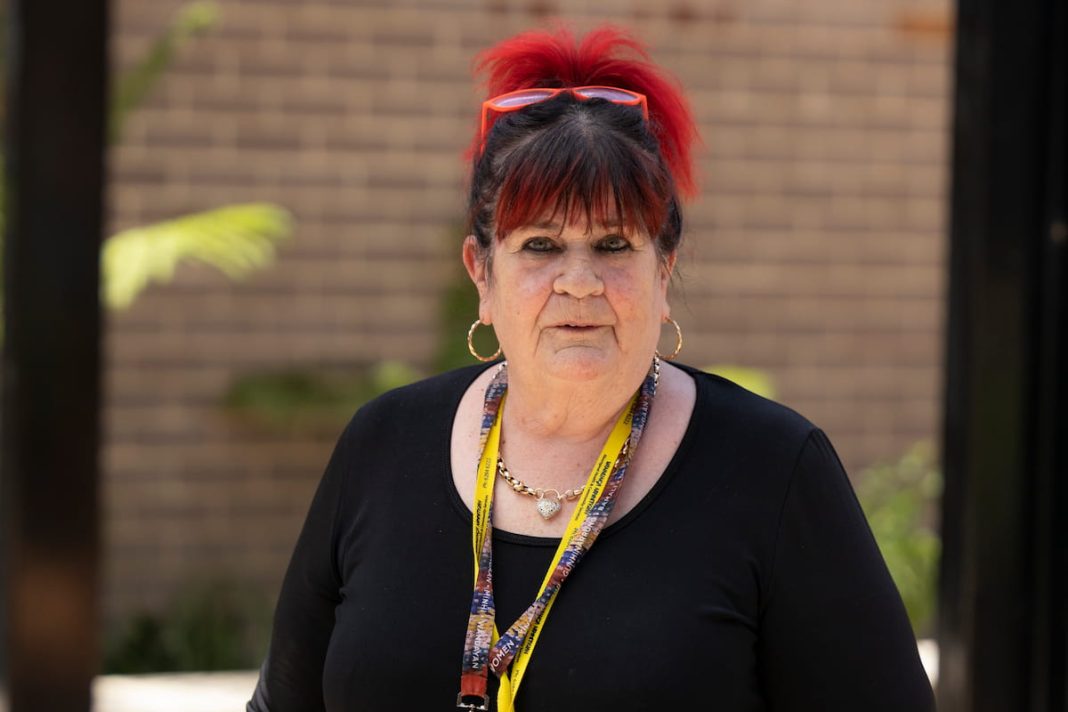With the ACT Election four months away, Canberra Daily is asking organisations around Canberra for their perspectives on key issues, the ACT Government’s accomplishments, and what an incoming government should focus on.
Julie Tongs OAM is CEO of Winnunga Nimmityjah Aboriginal Health and Community Services, an Aboriginal community-controlled primary health care service operated by the Aboriginal and Torres Strait Islander community of the ACT. A Wiradjuri woman, Ms Tongs has more than 30 years of experience working in Aboriginal and Torres Strait Islander affairs. She has been awarded the ACT Governor-General’s Centenary Medal; the ACT Indigenous Person of the Year; the ACT Local Hero Award in the Australian of the Year Awards; and the Medal of the Order of Australia.
What do you regard as the ACT Government’s successes in the current term?
From an Aboriginal perspective, it is difficult to identify a “success”. Against almost every measure from Indigenous incarceration, children in out of home care, public housing, homelessness, educational outcomes, elective surgery wait times, the ACT is either the worst performing or among the top two or three worst performing jurisdictions in Australia.
What could have been handled better – or left aside?
Quite clearly, the two most visible and egregious failings of the ACT Government in recent years have been the underfunding of public health services and the provision of public or affordable housing. It is, I think, unarguable that these two fundamentally important issues were not given as high a priority as, say, transport infrastructure, for example.
What do you see as the major issues that an incoming government will have to deal with?
The most important priority of the incoming government must be to repair the damage done to the public health system as a consequence of chronic underfunding and to reverse the chronic reduction in public and community housing.
What should the government priorities be? What policy initiatives or reforms might be useful to meet the challenges ahead?
The government’s main priority must be to address the needs of the tens of thousands of forgotten Canberrans, i.e. the working class, pensioners and the poor. As a community dominated by the middle and upper middle class, the needs of the working class and poorer Canberrans, including a large cohort of Aboriginal peoples, have in recent years been, in large measure, ignored. We see this most clearly in a public health system that has been severely diminished due to a want of funding and a stunning reduction in public housing despite a persistent increase in population.
Was there anything else you wanted to say?
That Canberra, the national capital with the self-declared most progressive government and community in Australia, should also be home to an Aboriginal community experiencing the worst outcomes in Australia in relation to areas as diverse as health, incarceration, homelessness, education and child protection makes a mockery of our perception of ourselves as a progressive and caring community. To be blunt, we are having ourselves on.



